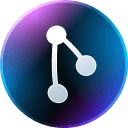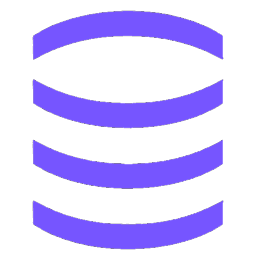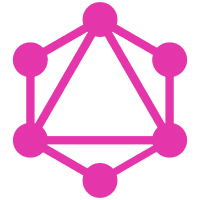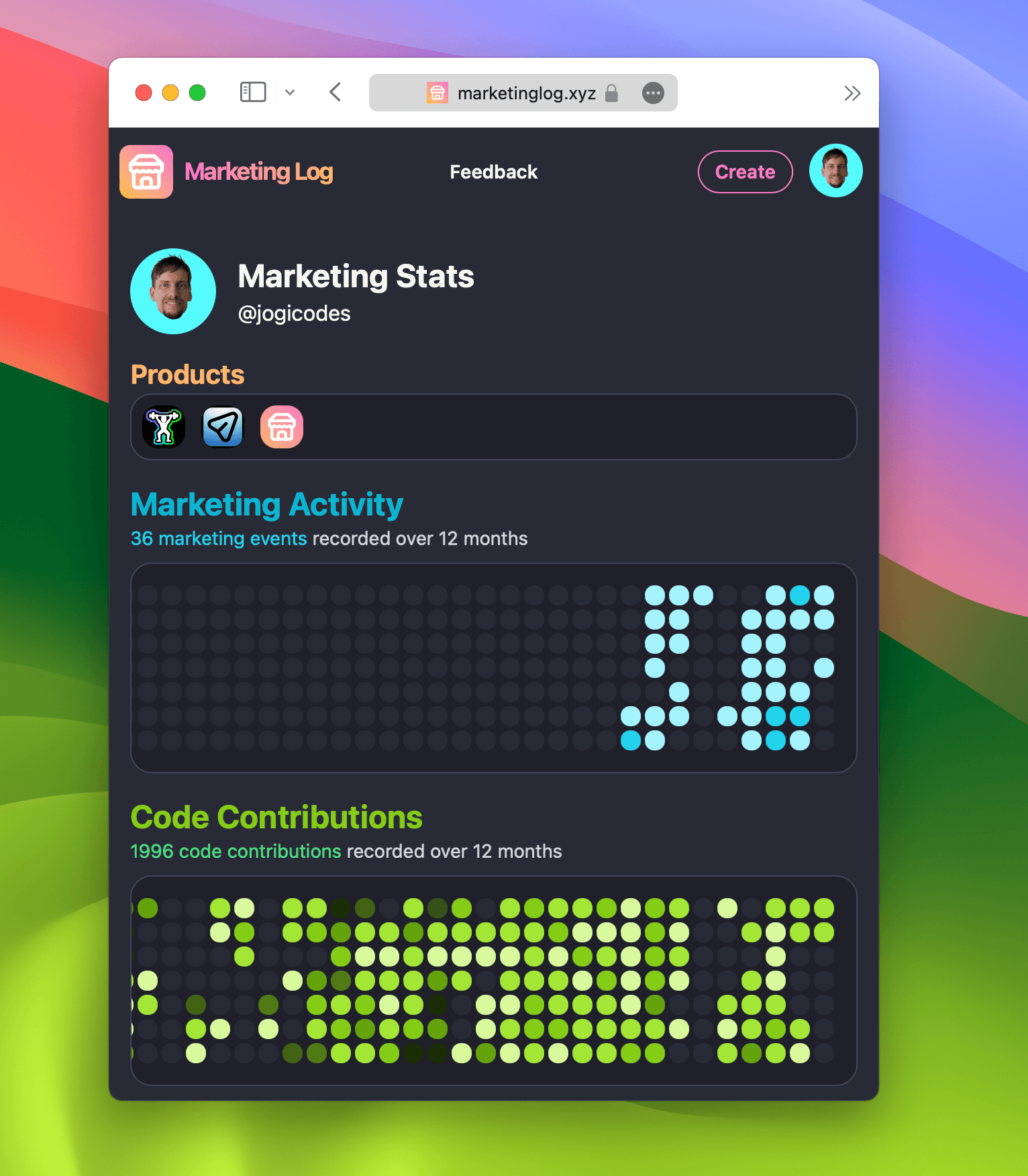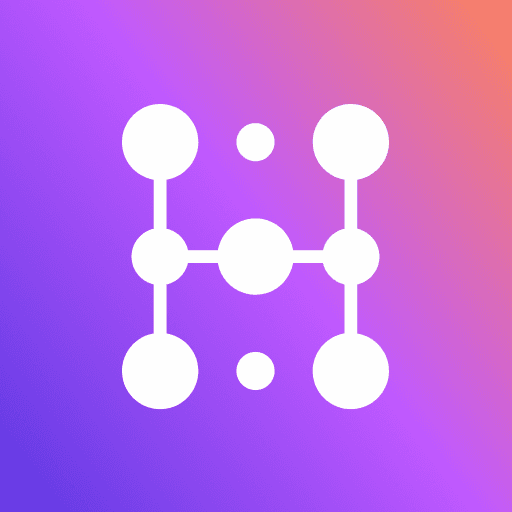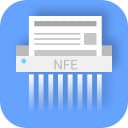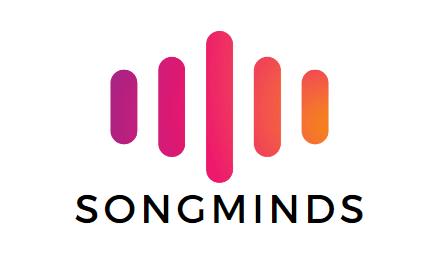GitLens vs. DBCode
GitLens
There is so much to this extension but the most basic feature is visualizing code authorship. It shows you who made the last change to your current line, the commit message, and when the change was made. Other features include visualizing file history, navigating through git history, rebase editor etc.
DBCode
Connect, query and manage your databases without leaving Visual Studio Code. Supports Postgres, MySQL, MariaDB, SQL Server, MongoDB and more...
Reviews
Reviews
| Item | Votes | Upvote |
|---|---|---|
| No pros yet, would you like to add one? | ||
| Item | Votes | Upvote |
|---|---|---|
| No cons yet, would you like to add one? | ||
| Item | Votes | Upvote |
|---|---|---|
| AI Code Completion and Chat | 1 | |
| Stored Procedures and Functions | 1 | |
| Entity Relationship Diagrams | 1 |
| Item | Votes | Upvote |
|---|---|---|
| Some features require paid subscription | 1 |
Frequently Asked Questions
GitLens and DBCode serve different purposes within Visual Studio Code. GitLens excels at visualizing code authorship and navigating through git history, which is vital for developers working in teams or managing complex codebases. It provides features like visualizing file history and a rebase editor. On the other hand, DBCode is focused on database management, supporting multiple databases like Postgres, MySQL, and MongoDB. It offers features such as AI code completion, entity relationship diagrams, and managing stored procedures and functions. If your primary need is to manage and query databases, DBCode is more suitable, whereas GitLens is better for git history and code authorship visualization.
DBCode has better code completion features, incorporating AI code completion and chat functionalities. GitLens does not focus on code completion but rather on visualizing and navigating git history and code authorship.
DBCode offers more comprehensive database management features compared to GitLens. DBCode supports multiple databases like Postgres, MySQL, MariaDB, SQL Server, and MongoDB. It includes functionality for AI code completion, stored procedures, functions, and entity relationship diagrams. GitLens does not provide any database management features, as its focus is on git history and code authorship visualization.
DBCode has some features that require a paid subscription. GitLens, on the other hand, does not mention any subscription costs within its provided description.
GitLens is an extension for Visual Studio Code that enhances Git capabilities within the editor. Its most basic feature is visualizing code authorship, showing you who made the last change to a line of code, the commit message, and when the change was made.
The main features of GitLens include visualizing code authorship, visualizing file history, navigating through Git history, and a rebase editor. These features help developers gain a deeper understanding of their code and its evolution.
GitLens helps with code authorship by showing you who made the last change to the current line of code, displaying the commit message, and indicating when the change was made. This feature allows for easy tracking of code modifications and contributors.
Yes, GitLens can visualize file history. This feature allows you to see the evolution of a file over time, including changes made, who made them, and the context of those changes.
The rebase editor in GitLens is a feature that allows you to interactively rebase your commits. This helps in organizing and cleaning up your commit history, making it more understandable and maintainable.
DBCode is a tool that allows users to connect, query, and manage their databases without leaving Visual Studio Code. It supports various databases including Postgres, MySQL, MariaDB, SQL Server, MongoDB, and more.
Pros of DBCode include AI Code Completion and Chat, Stored Procedures and Functions support, and Entity Relationship Diagrams. A con of DBCode is that some features require a paid subscription.
DBCode supports various databases including Postgres, MySQL, MariaDB, SQL Server, MongoDB, and more.
The main function of DBCode is to allow users to connect, query, and manage their databases directly within Visual Studio Code.
